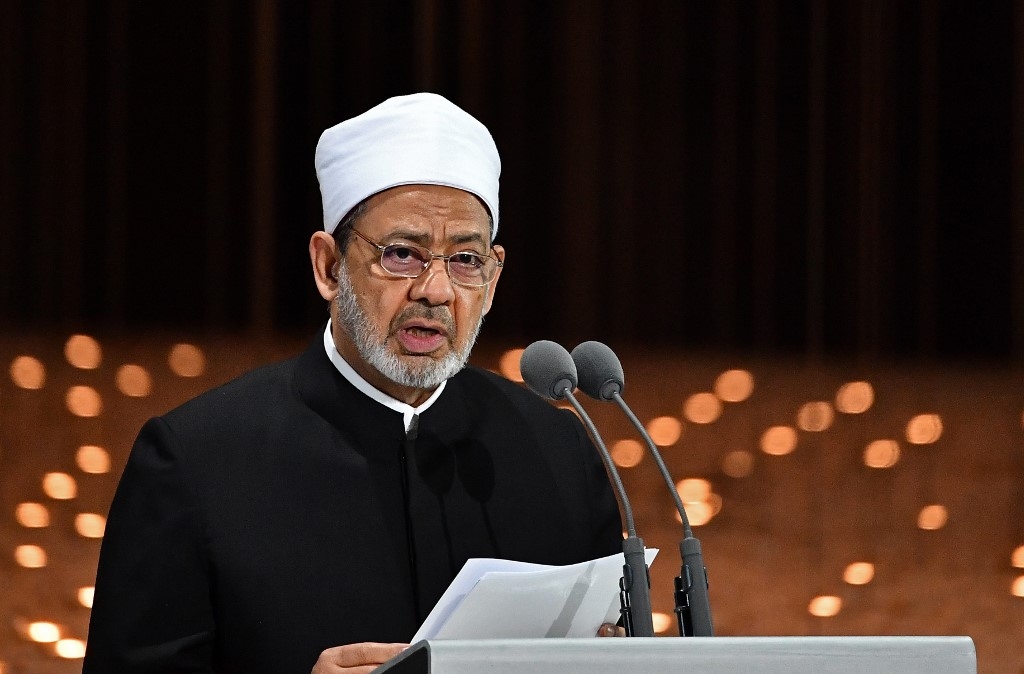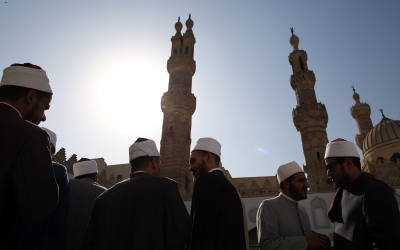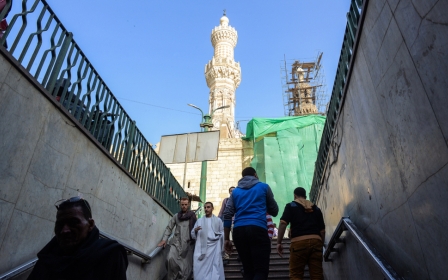Egypt parliament suspends discussions on bill that strips al-Azhar of its authority

Egypt’s parliament on Monday adjourned discussions on a controversial bill that sought to restrain the religious power of al-Azhar, the highest seat of learning in the Sunni Islamic world.
The bill, approved in principle by the House of Representatives on 19 July, put Dar al-Ifta, which regulates the life of Egypt's Muslims and opines on their day-to-day affairs, under the control of the Egyptian government instead of al-Azhar.
Dar al-Ifta, by far the most important religious authority in Egypt, also regulates the financial dealings of ordinary people, answers queries sent to it by state institutions and the courts, and has a say on death sentences issued by these courts.
The bill would also give President Abdel Fattah el-Sisi the right to appoint the mufti, Egypt's top Islamic jurist, for the first time.
According to local Egyptian media, Parliament Speaker Ali Abdelal had referred the bill back to the Religious Affairs Committee in the lower house for review after it had been dismissed as unconstitutional by the State Council - a judiciary body that checks the legality of draft laws before they are finally approved by the parliament.
Al-Azhar welcomed the suspension of discussions.
“This step confirms beyond a reasonable doubt that Egypt will always remain a country that respects the constitution, upholds the rule of law, appreciates its ancient national institutions, including al-Azhar … and is keen to ensure its independence in carrying out its global mission in the service of Islam, Muslims and humanity as a whole,” it said in a statement.
'A parallel entity'
The bill had sparked a dispute between parliament and al-Azhar's Grand Imam Sheikh Ahmed al-Tayeb, who demanded that he attend Monday’s hearing, before it was suspended.
Tayeb had criticised the draft law for seeking to create “a parallel entity” to al-Azhar and to deplete its centuries-old authority.
The chairman of parliament’s religious committee, Osama al-Abd, said in a statement later on Monday that the bill had not been withdrawn but was being reviewed in the committee to take into account the comments of the State Council.
The new bill was not the first attempt by the legislature to trim the powers of al-Azhar, an agency that has been in control of Muslims' lives since its founding in 970.
In April 2018, a group of MPs submitted a draft law to cut down the authority of its grand imam, but the bill was ditched under pressure from al-Azhar.
Middle East Eye delivers independent and unrivalled coverage and analysis of the Middle East, North Africa and beyond. To learn more about republishing this content and the associated fees, please fill out this form. More about MEE can be found here.





